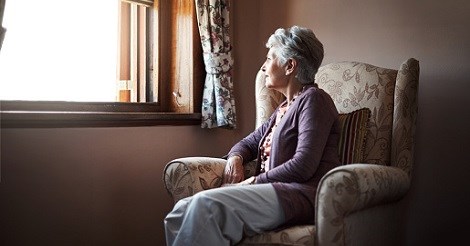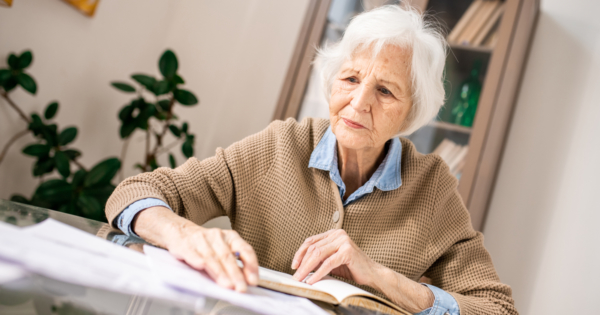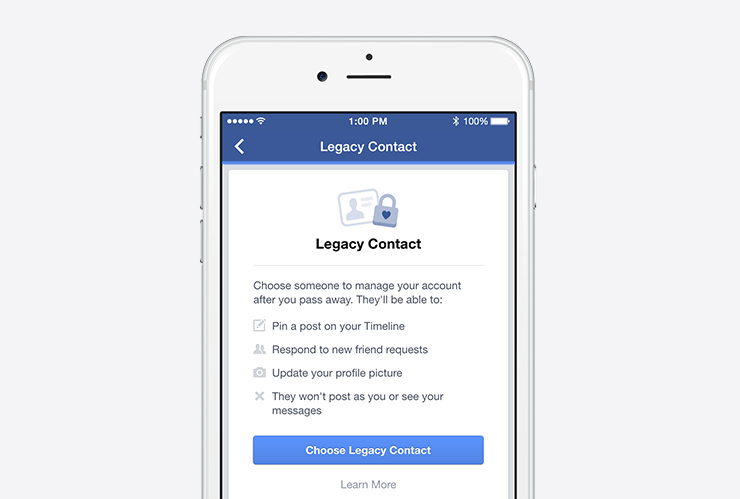There are few rational reasons to having a Living Will in New York, almost no legal benefits to having one, and Living Wills may cause more confusion than guidance in your final days of life. There are several misperceptions concerning what a Living Will actually is. For starters, the very name “Living Will” is a misnomer: It is neither a living document (because it discusses your desire to have someone “pull the plug” on life sustaining measures), nor is it a will (a document which distributes property upon your death). Some people refer to this document as an “Advanced Directive”, but I am pretty sure the Advanced Directive is a Star Trek term regarding Captain Kirk’s alien kissing fetish or




















